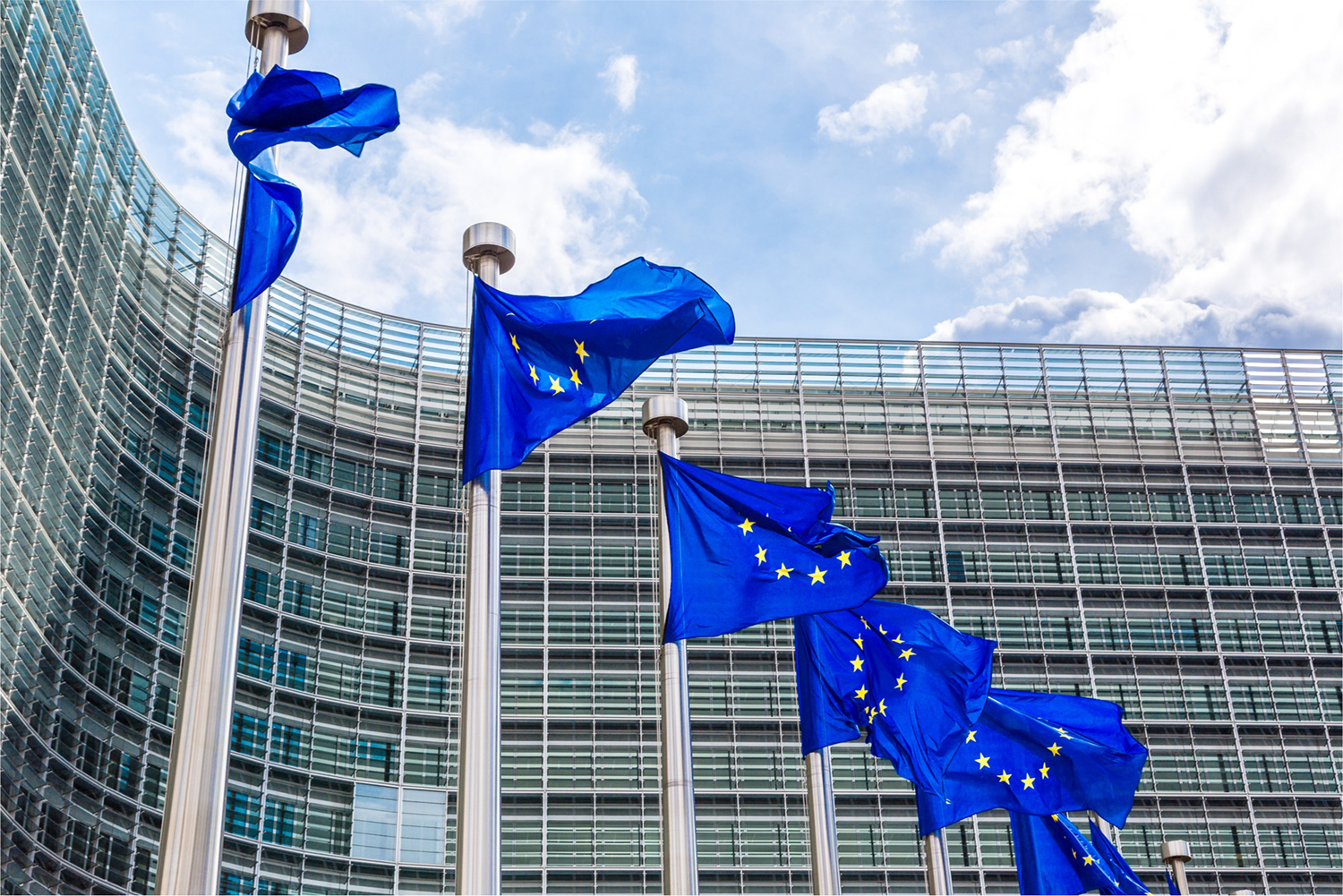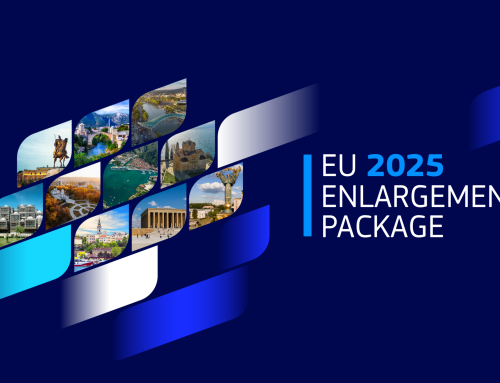The Council of the EU included Serbia on the list of countries whose citizens should be allowed to travel to the EU for non-essential purposes. Under the updated Council recommendation, Member States now can decide to lift travel restrictions to Serbian citizens. The condition is that the person has been fully immunised (i.e. has received the second vaccine dose at least two weeks before the travel) with one of the vaccines approved by the European Medical Agency – Biontech/Pfizer, Astra Zeneca, Moderna or Johnson & Johnson. Member States could extend this rule to vaccines having completed the WHO emergency use listing process.
As a proof of vaccination, member states could accept Serbia’s Digital Green Certificate, as it contains minimum data set, including identification of the person, the type of vaccine and the date of the administration of the vaccine, based on national law. However, the authorities of Serbia and the European Commission are still in an ongoing dialogue regarding a formal recognition of Serbia’s digital certificate.
The current recommendation of the Council foresees that Member States could accept vaccination certificates from non-EU countries containing at least the minimum data set such as the identification of the person, the type of vaccine and the date of the administration of the vaccine, based on national law, taking into account the ability to verify the authenticity, validity and integrity of the certificate and whether it contains all relevant data.
It should be stressed that gradual lifting or reintroduction of the restriction on non-essential travel from a third country at the external borders of the Union remains the responsibility of the Member States, and that the Council Recommendations are non-binding.
The full list of conditions for entry into each EU member state is regularly being updated on Reopen EU website.




